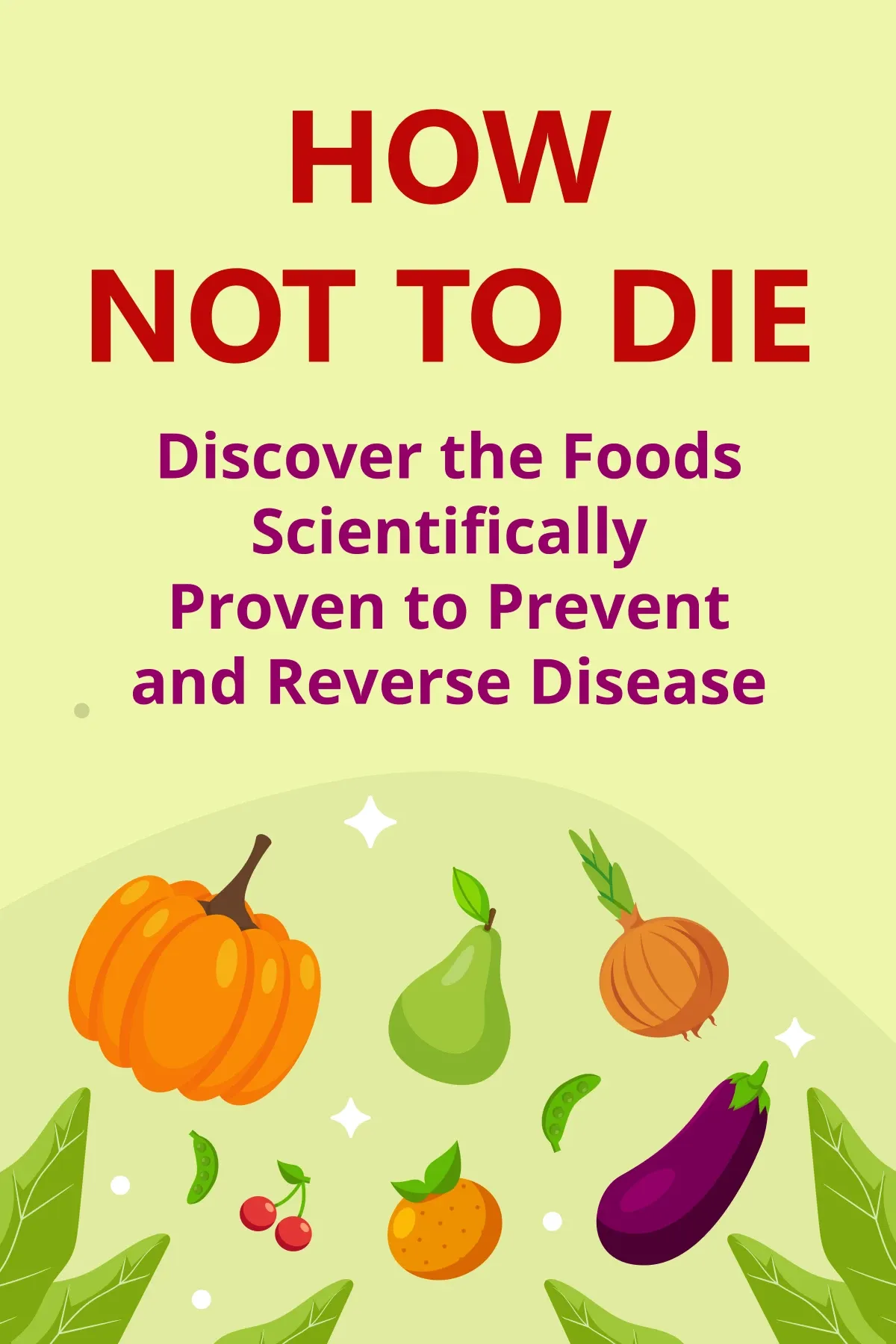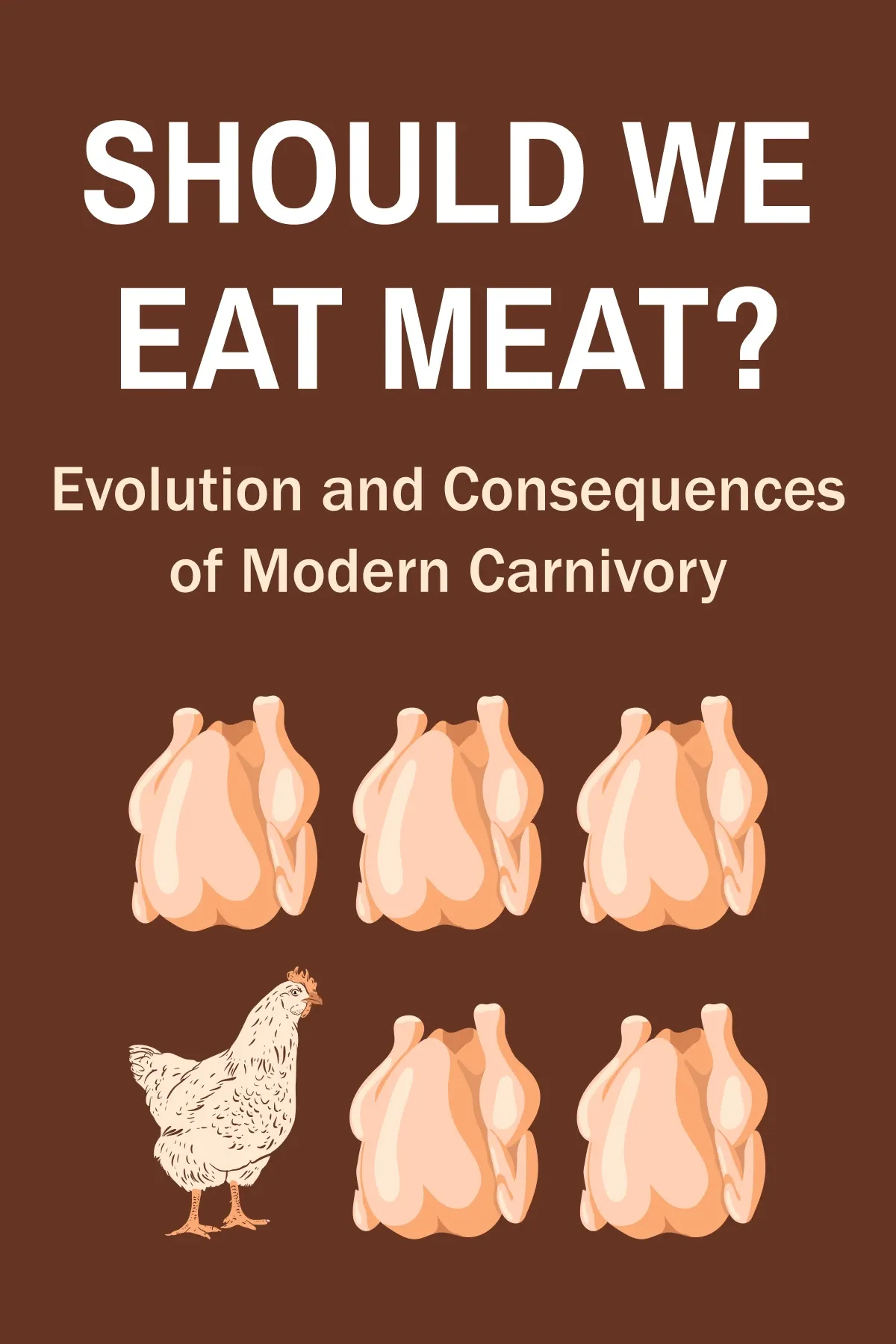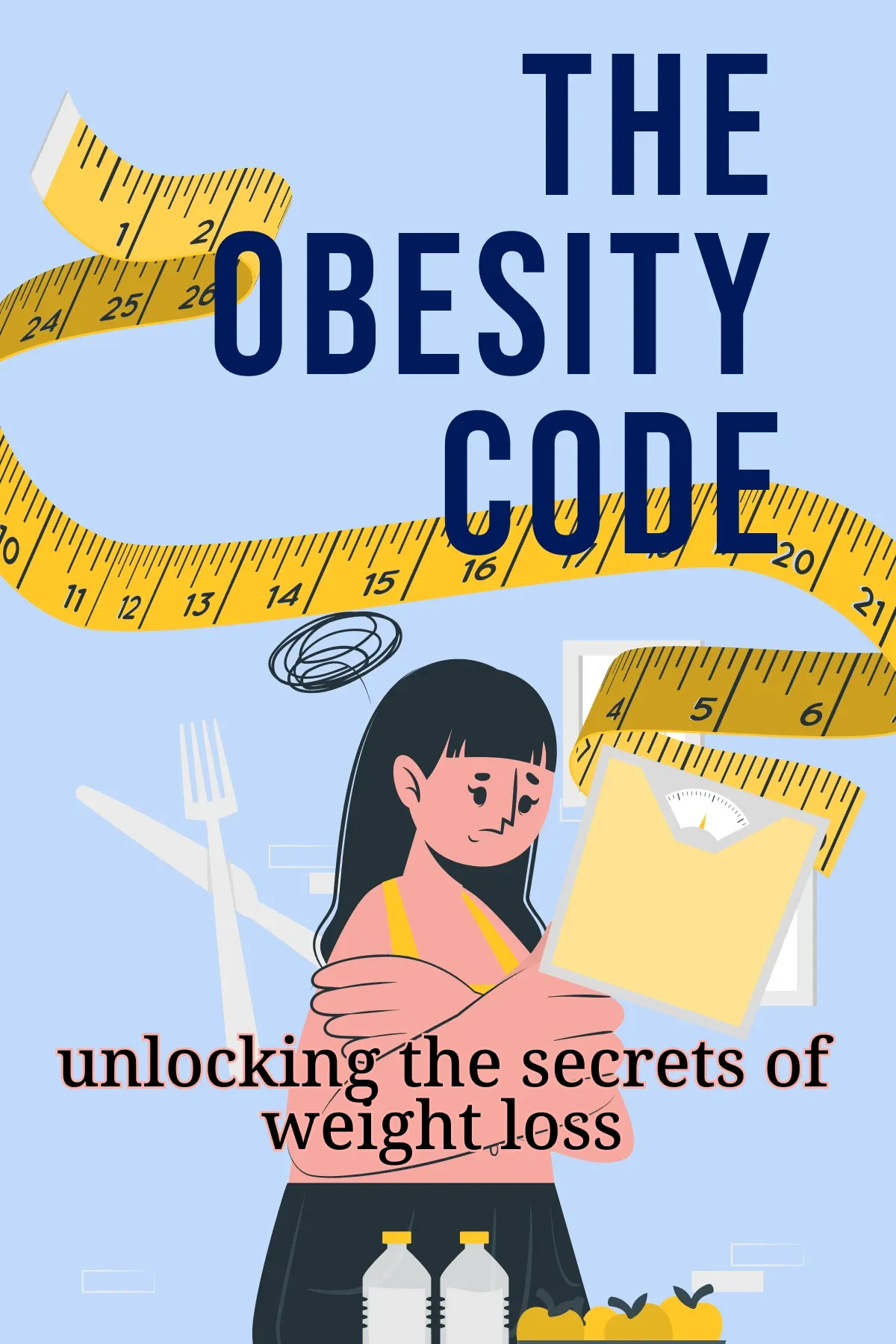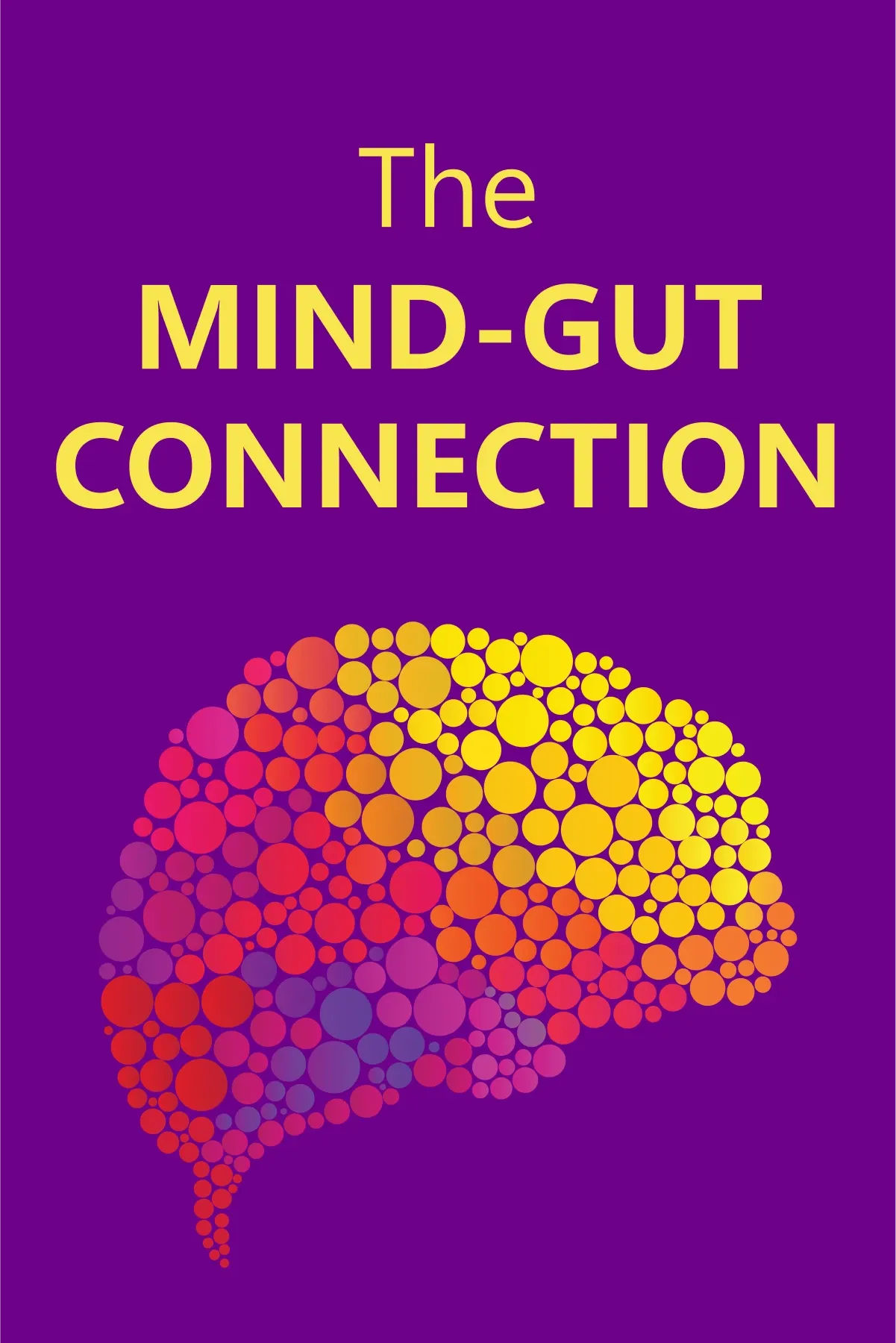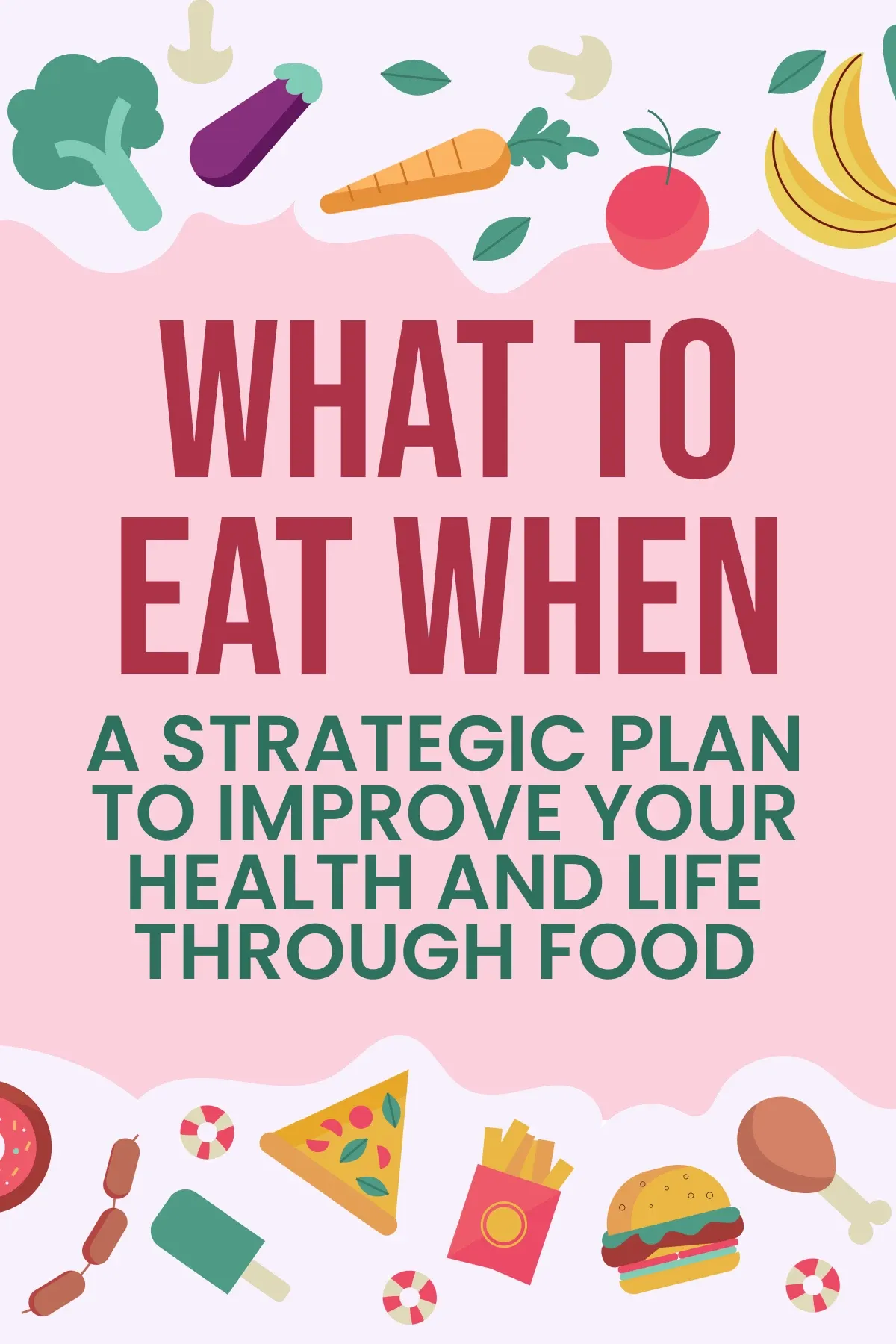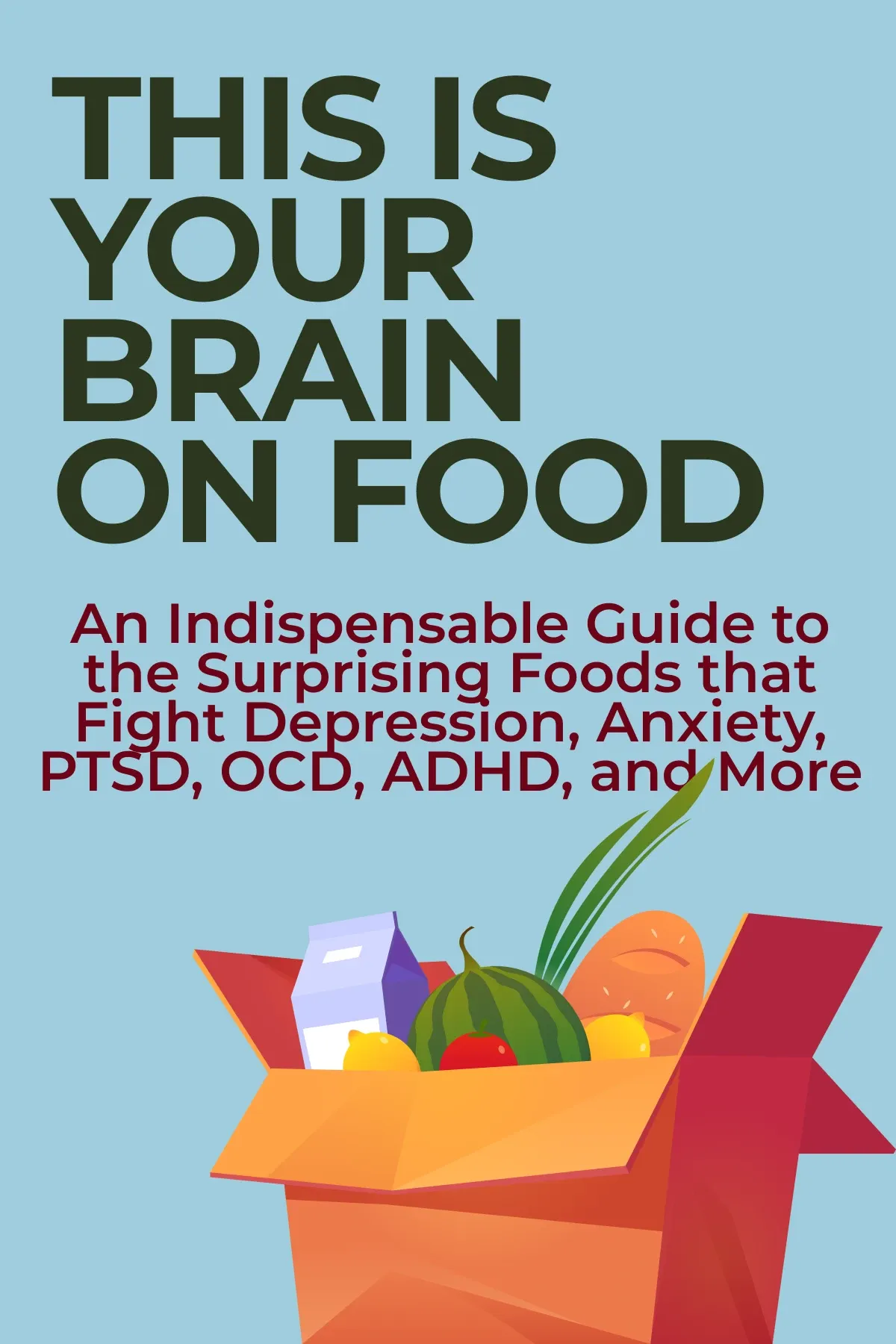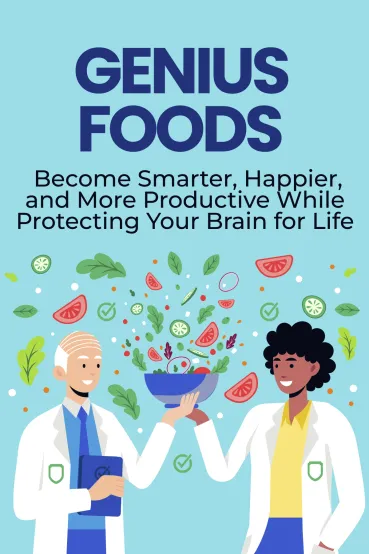
Genius Foods
Brief Summary
We all know the saying, “You are what you eat,” but have you ever wondered how your diet affects your brain? Well, “Genius Foods” by Max Lugavere and Paul Grewal tells you all about it.
Key points
Key idea 1 of 8
We all know that healthy eating can positively impact our physical and mental well-being. However, proper nutrition doesn’t only keep your body fit – it also keeps your brain healthy. Food plays an essential role in our brain development throughout our lives, well into adulthood and even old age.
There’s a myth stating that our brains only develop until 25 years old. Once we hit that point, they stop developing and slowly regress. However, that is not true at all. In the 1990s, scientists found that our brains continue altering until death. This ability to change is also known as *neuroplasticity*.
So, eating a balanced diet can not only prevent illnesses like Alzheimer’s and dementia but also positively affect our current brain function. For example, the author began researching possible causes of early-onset Alzheimer’s after his mother started suffering from it. He realized that food had quite an effect on brain health. To prove the point, he tried adapting his diet to make it more balanced. As a result, he became calmer and more focused and also had more energy than previously.
The Food and Mood Center at Deakin University carried out an interesting study. In 2017, they researched the effect of dietary changes on patients with severe depression. It turns out that when the study participants cut out junk food, sugar, and processed meat and began eating more vegetables, fruit, grains, red meat, and olive oil, their symptoms lessened drastically.
Another study was conducted by a Finnish neurobiologist, Miia Kivipelto. She found that proper nutrition and a well-balanced diet can boost our general cognitive functions. The study involved 1,200 participants, specifically older adults at high risk of cognitive decline. They were split into two groups. One group was offered social support groups for loneliness and depression. The other group received similar social support along with additional involvement in exercise and nutrition programs. It turned out that the second group’s cognitive functions improved by 25%, while their interpersonal and decision-making abilities enhanced by 83% compared to the first group.
FAQ
You may also like these summaries


